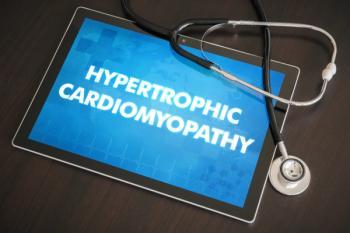
Certain Blood Pressure Meds Improve Memory
Adults taking medications that cross the blood-brain barrier had better memory recall.
Blood pressure-lowering medications known to cross the blood-brain barrier produced better memory recall over time compared with other types of blood pressure medications, according to a new study released today.
The study,
“Hypertension occurs decades prior to the onset of dementia symptoms, affecting blood flow not only in the body but also to the brain,” study author Daniel A. Nation, Ph.D., an associate professor of psychological science in the Institute for Memory Impairments and Neurological Disorders at the University of California, Irvine, said in
Related:
However, research has been mixed on which medicines have the most benefit to cognition, Nation noted. “Studies of angiotensin II receptor blockers and angiotensin-converting-enzyme (ACE) inhibitors have suggested these medicines may confer the greatest benefit to long-term cognition, while other studies have shown the benefits of calcium channel blockers and diuretics on reducing dementia risk.”
The researchers gathered information from 14 cohorts of nearly 12,900 adults ages 50 years and older in the United States, Australia, Canada, Germany, Ireland, and Japan.
The meta-analysis found that older adults taking blood pressure-lowering medicines that cross the blood-brain barrier had better memory recall for up to three years of follow up compared with those taking medicines that do not cross the blood-brain barrier, even though they had a higher level of vascular risk.
In addition, adults taking hypertension medications that did not cross the blood-brain barrier had better attention for up to three years of follow up.
“These findings represent the most powerful evidence to-date linking brain-penetrant ACE-inhibitors and angiotensin receptor blockers to better memory. It suggests that people who are being treated for hypertension may be protected from cognitive decline if they [take] medications that cross the blood-brain barrier,” said study co-author Jean K. Ho, PhD, a postdoctoral fellow at the University of California, Irvine.
The National Institute on Aging of the National Institutes of Health and the Alzheimer's Association funded the study.
Newsletter
Get the latest industry news, event updates, and more from Managed healthcare Executive.























